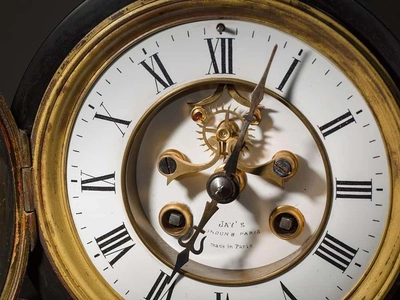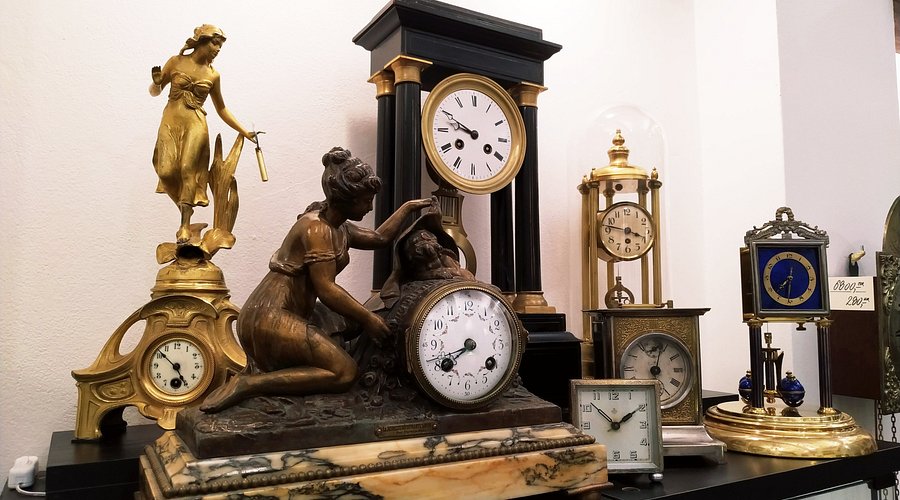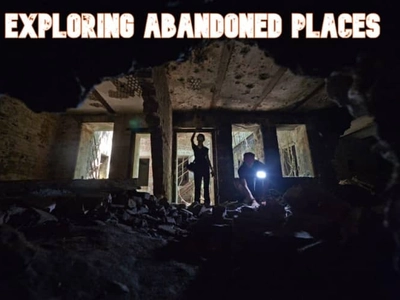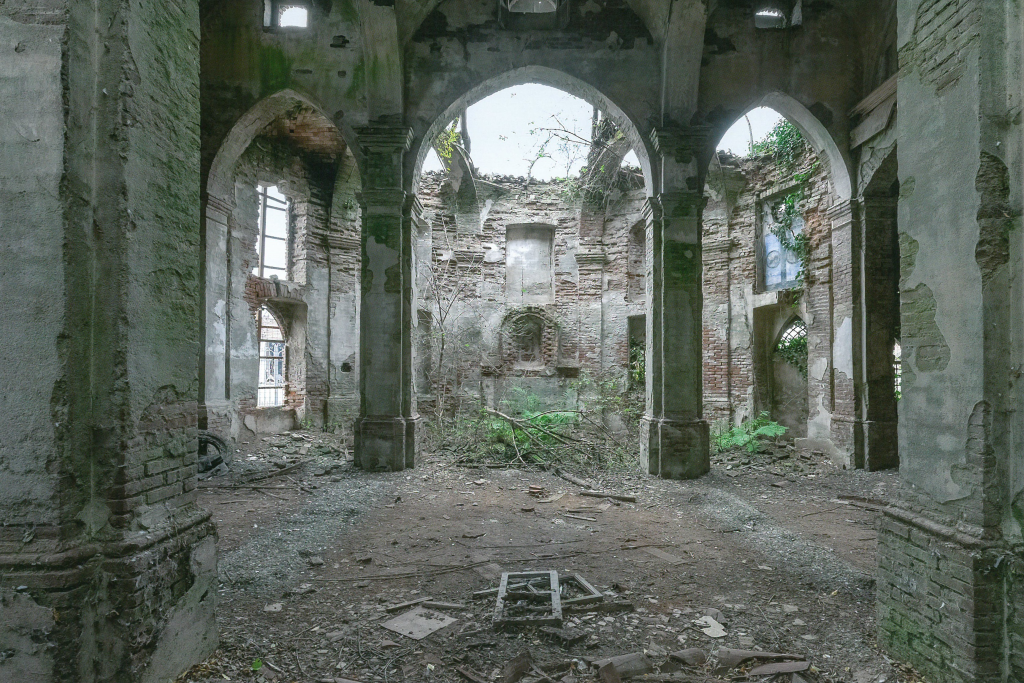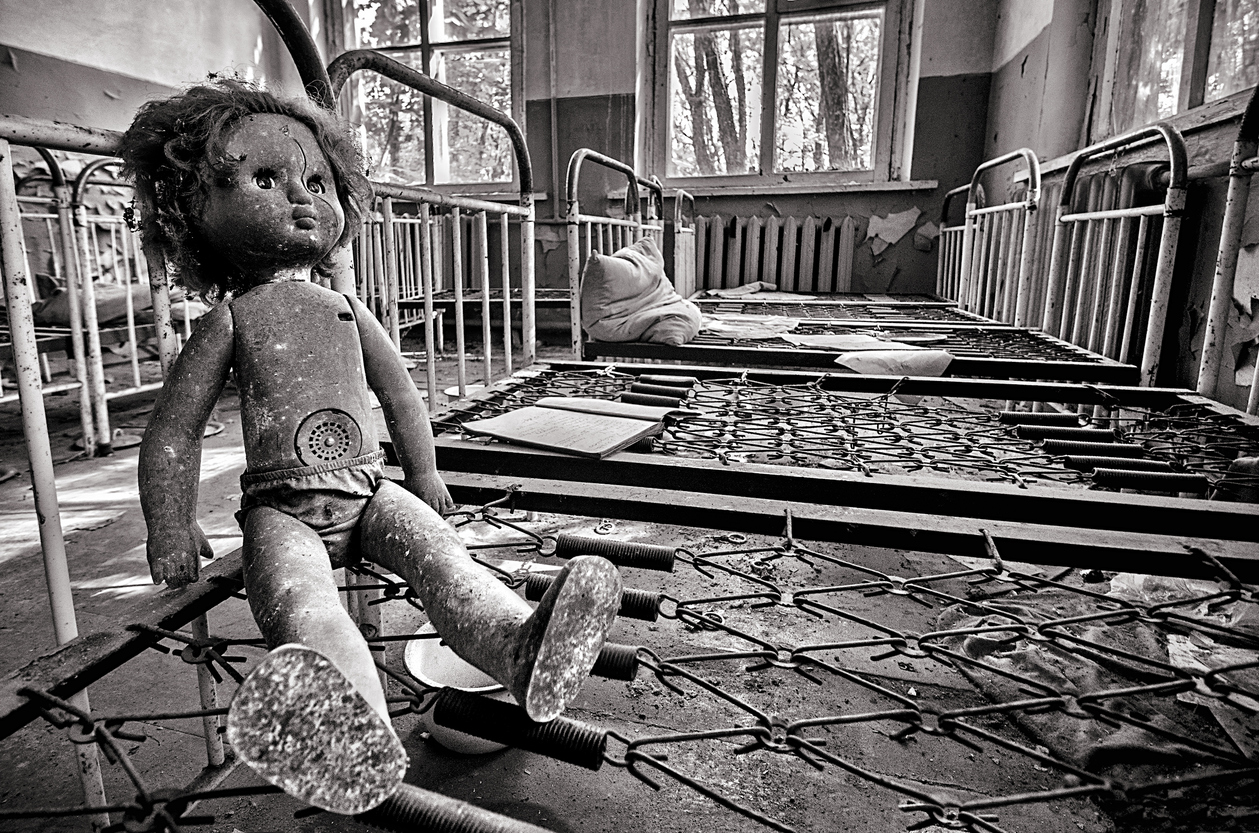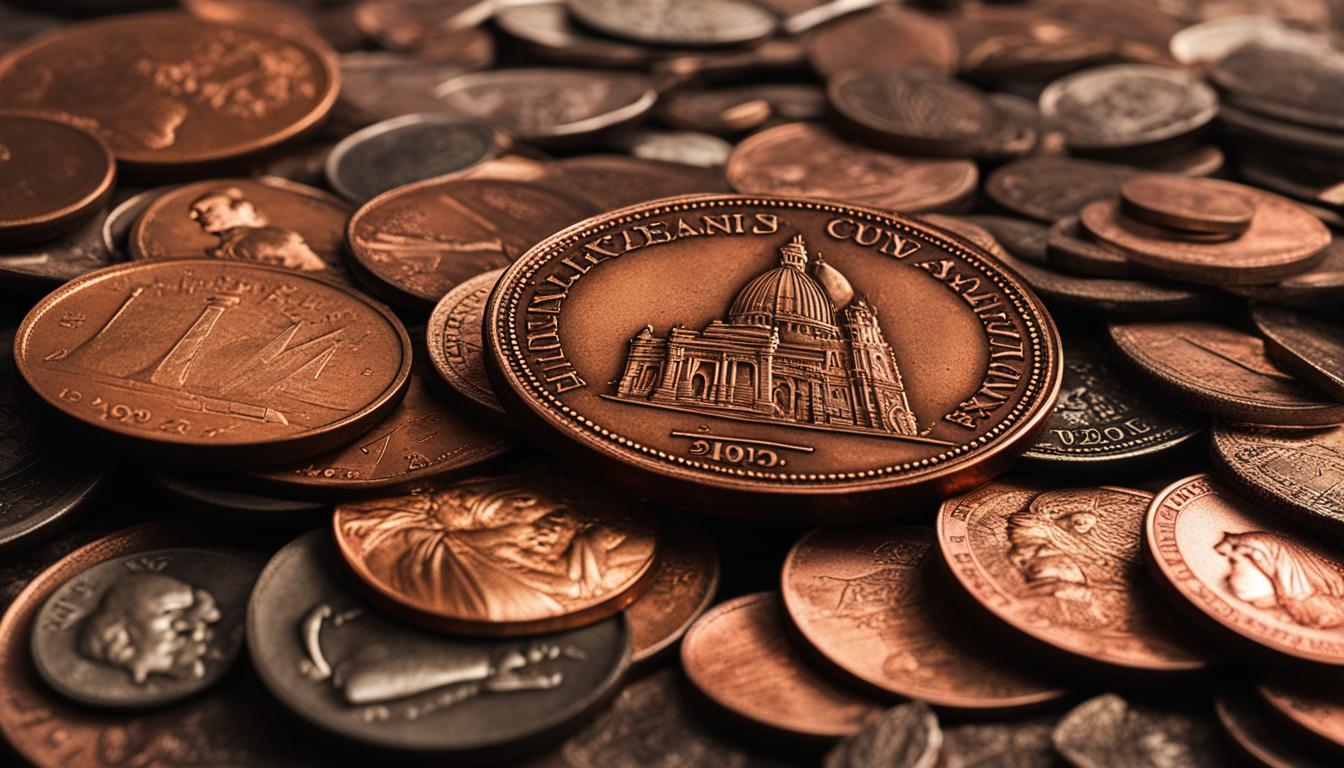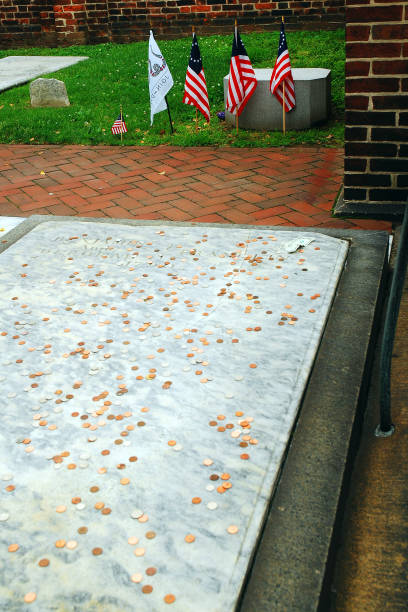The Haunting Truth Behind Clocks That Stop at Death
There's something unsettling about a house full of silent clocks, each frozen at a different moment. But what that young girl at the estate sale didn't know is that her father was participating in one of humanity's most powerful psychological rituals—the deliberate stopping of time to capture the uncapturable.
The Victorian Obsession with Stopping Time
The tradition of stopping clocks at the moment of death isn't just Victorian superstition—it's a profound psychological tool that's been used across cultures for centuries. When someone died in a Victorian household, all clocks would be immediately stopped at the exact time of death. Curtains would be drawn, mirrors covered with black cloth, and the entire house would enter a suspended state of time.
But here's what makes this practice so psychologically fascinating: it wasn't really about superstition. It was about creating a sacred pause in the relentless march of time that threatens to sweep away our most precious moments.
Why We Really Stop Clocks (And Why It Still Matters Today)
When we stop a clock, we're doing something revolutionary—we're refusing to let time continue without acknowledging what just happened. We're saying "this moment matters too much to let it pass."
The psychological impact is immediate and profound. That ticking sound that normally fades into background noise suddenly becomes deafening in its absence. The silence forces us to confront the weight of the moment, to sit with our grief instead of being swept along by the day's demands.
Modern grief counselors have discovered that this ancient practice taps into something fundamental about how humans process loss. The stopped clock becomes a physical anchor for our emotions, a concrete symbol that validates the enormity of what we're experiencing.
The Secret Language of Stopped Time
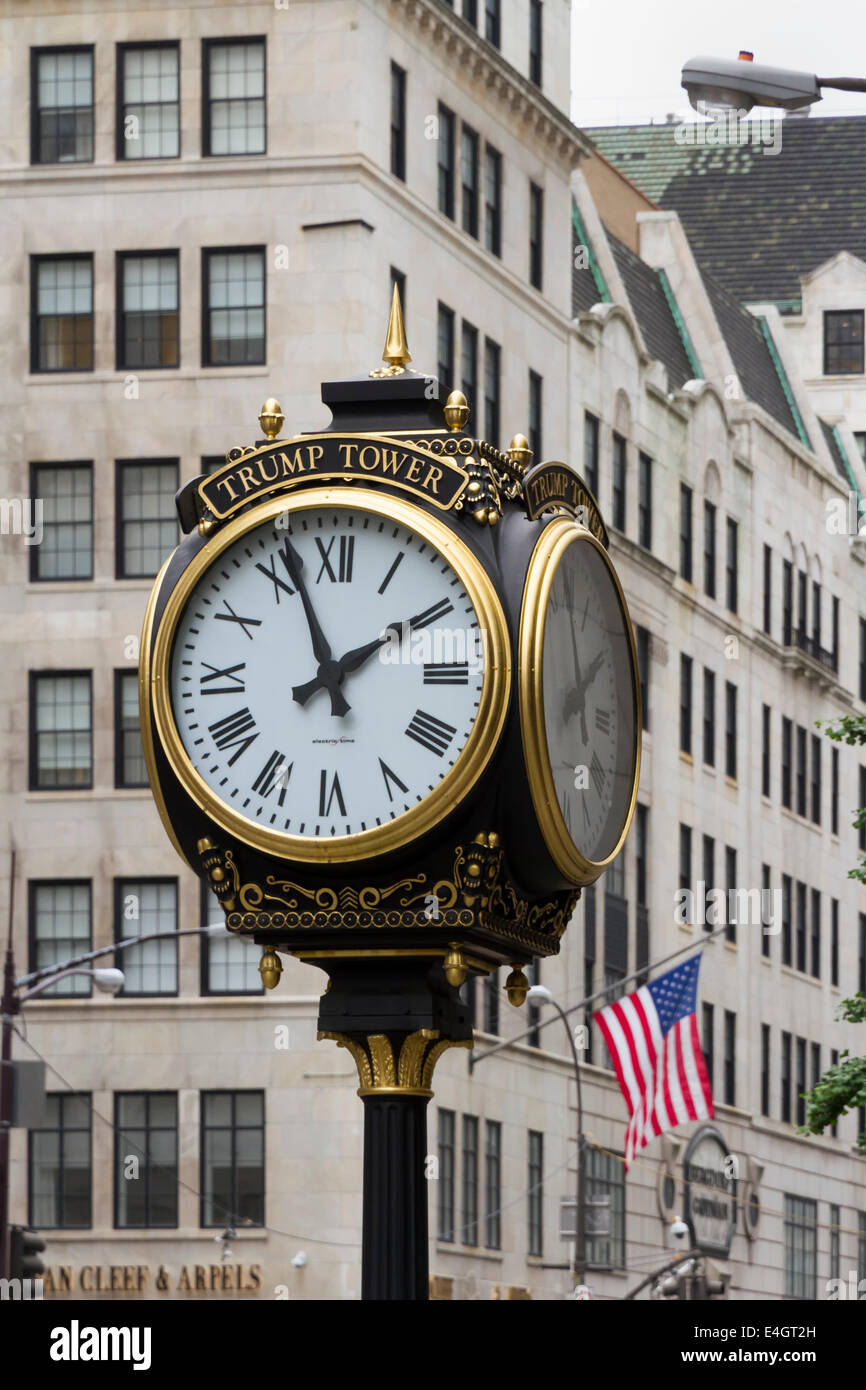
But what about those clocks stopped at different times? 3:17, 8:42, 11:55—each one tells a story.
Unlike the traditional practice of stopping clocks at the moment of death, stopping clocks at "important moments" reveals something even more profound about human psychology. We're not just marking endings—we're preserving beginnings, celebrations, breakthroughs, and turning points.
That clock stopped at 8:42 might mark the moment a grandchild was born. The one at 11:55 could commemorate a wedding anniversary, frozen five minutes before midnight on a day that changed everything. The 3:17 could mark the afternoon when someone got their first job, or their last.
The Rebellion Against Linear Time
What this father was doing was rebelling against our culture's obsession with linear time—the relentless forward march that treats all moments as equal. By stopping clocks at meaningful moments, he was creating what psychologists call "temporal landmarks"—fixed points that give structure and meaning to the chaos of memory.
This isn't just sentimental; it's revolutionary. In a world where we're constantly told to "move on" and "get over it," the stopped clock says "some moments deserve to be preserved forever."
The Dark Side of Frozen Time
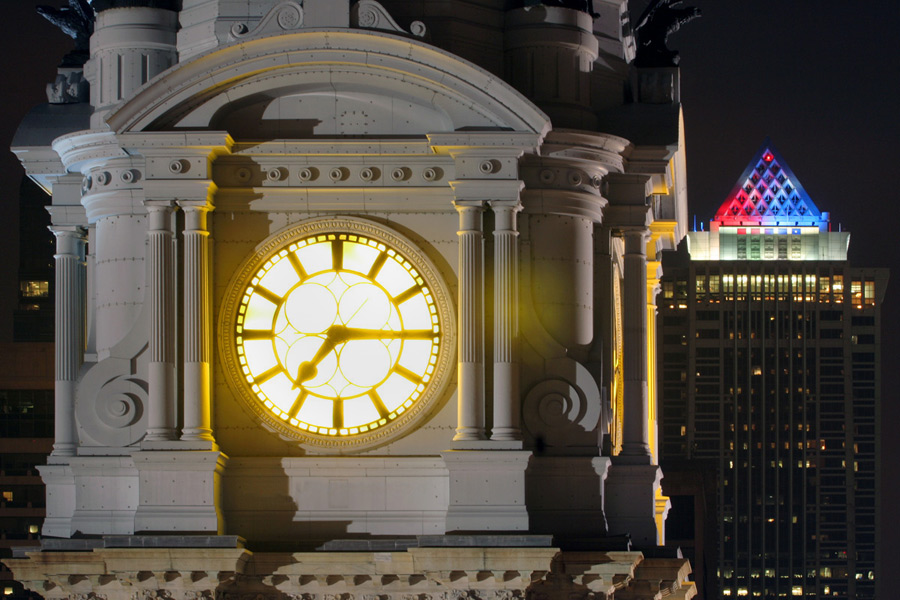
But there's a haunting quality to a house full of stopped clocks that we can't ignore. What happens when we become so focused on preserving the past that we stop living in the present? When does honoring important moments become an inability to create new ones?
Psychologists warn that while stopping clocks can be a powerful grief ritual, it can also become a trap. The danger lies not in the ritual itself, but in what it represents—the human tendency to want to control time, to stop change, to preserve what cannot be preserved.
The Modern Meaning of Stopped Clocks
Today, we carry computers in our pockets that track every second, sync with atomic clocks, and never stop ticking. But maybe we've lost something in our digital precision. Maybe we need more houses with stopped clocks, more deliberate pauses in our relentless schedules.
The practice of stopping clocks reminds us that not all time is created equal. Some moments are so significant they deserve to be lifted out of the flow of ordinary time and preserved in a kind of temporal amber.
What Your Stopped Clock Really Means
If you've ever felt the urge to stop a clock at a meaningful moment—or if you've inherited a house full of them—you're tapping into something profound about human nature. You're acknowledging that some experiences are too important to let slip away into the forgotten past.
The clocks stopped at 3:17, 8:42, and 11:55 aren't just keeping time—they're keeping memory alive. They're physical manifestations of the human refusal to let important moments disappear into the abyss of forgotten time.
And maybe, in our frantically busy world, we need more of this deliberate stopping, more conscious pausing, more recognition that some moments deserve to be preserved not just in memory, but in the physical world around us.
The next time you see a stopped clock, don't just see broken machinery. See a guardian of memory, a rebellion against forgetting, a monument to the moments that make us human.
